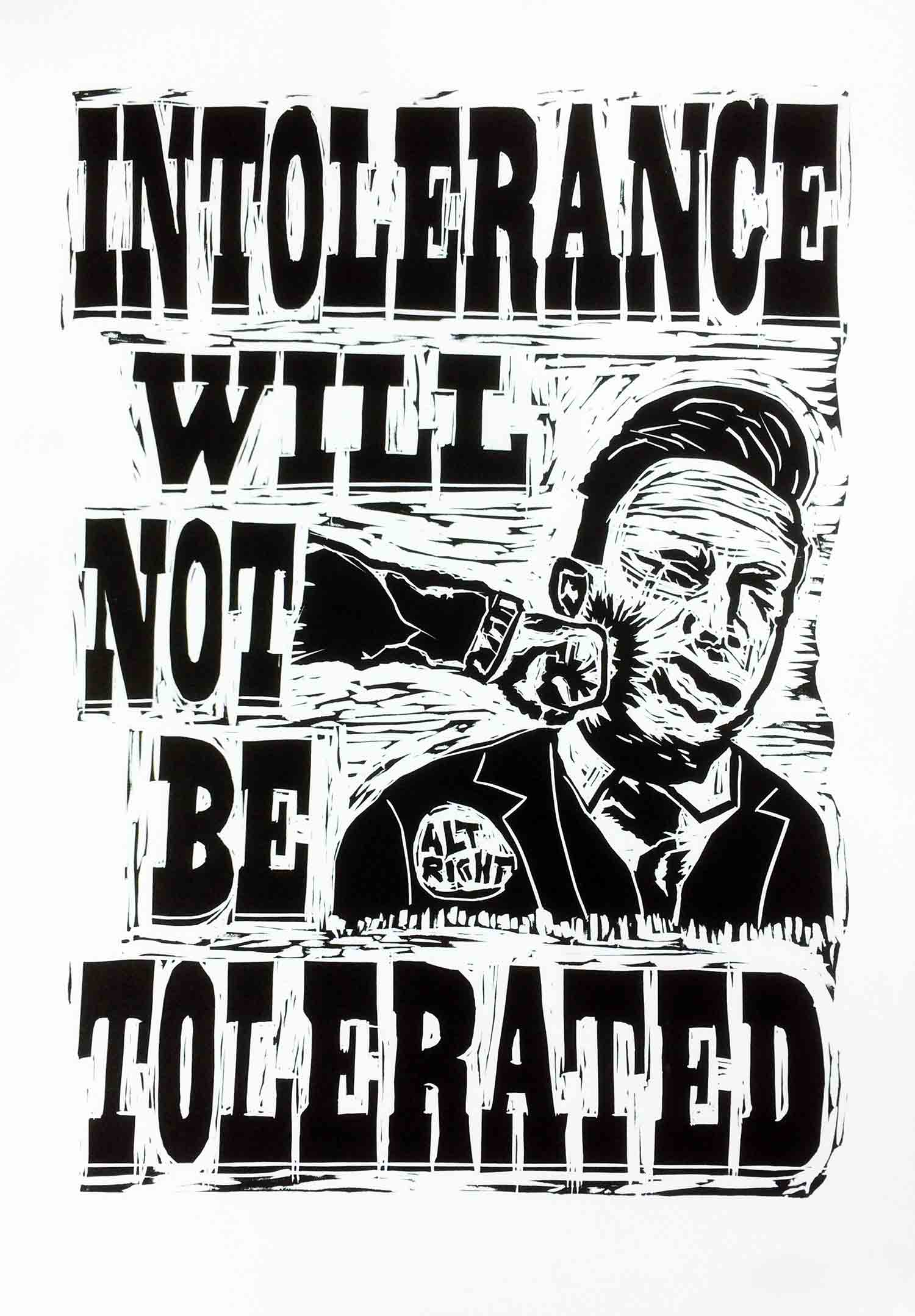PATRIOTISM IN POLITICAL TOLERANCE; FOLLOWING THE PATH OF DEMOCRACY
Malawians voted for
multiparty democracy in the referendum of June 1993. Through the referendum,
Malawians expressed their desire for parties to co-exist in a market based political
field; where the one with the bestselling skills should excel. In addition,
they also accepted that these groupings would surely have different ideas and ideologies
and that belonging to either of them should be the total freedom of an
individual.
But for the existence of
these political groupings, and peace in the country, there is a need for
political tolerance. It can thus be only patriotism and an understanding of our
past that should challenge every Malawian to be politically tolerant.
Political tolerance at
the conceptual level must be viewed to refer to the will to accept and
recognise that the rights an individual enjoys, must also extend to organisations
and persons whose view point differ from one’s own. From the foregoing, one
cannot overemphasize the importance of political tolerance.
Political intolerance is a burning fire dining
with a gallon of flammable gasoline in the midst of a gathering. It has fuelled
conflicts in many areas in the world such as Rwanda, Northern Ireland, the
Middle East and with recent happenings, the Democratic Republic of Congo.
With the adoption of multi-party
democracy in 1993 through the referendum, the basic idea is that the right for
all to participate in politics is established. This abolished the suppression
of dissent that characterised Dr Banda’s rule in Malawi. Without a guarantee
political rights, which are rooted in the liberal theory of democracy, we
cannot expect ideas to emerge to counter or perfect the ideas of the ruling
parties in Malawi which through its subsequent leaders have believed to be the
Moses in between the citizenry and our destiny.
 |
| Political intolerance should not be tolerated at all costs |
John Stuart Mill is one
of the liberal philosophers to have thought that different groupings must be
given the opportunity to think differently and market their ideas like products
in a market place. The same should be the understanding in our country. Every
political grouping should be given the opportunity to market their ideas in
order to woe the electorate into their fold. The only ideas we cannot allow to
be sold to be electorate should be extremist ideas or indeed such any other
ideas that conflict with human reason and the dictates of the laws of the land.
Political tolerance is a
central tenet of any liberal democracy. The challenge of realising political
tolerance is when other groupings are viewed as dissidents of the ideas one
subscribes to. It should only be viewed as pathetic that in a 21st
century Malawi, we still have souls that believe in political intolerance to
the point of stripping those who subscribe to different views from their
own.
Political tolerance is both
an abstract idea and a concrete one. It is what is enshrined in our
constitution and what we must all practice as Malawians. Let’s not leave any
stone unturned here.
Political tolerance shall
remain a far fetched dream if for all practical reasons we have leaders who cannot
handle criticism. To be a leader in the world is to have a following. Followers
of a leader act what the leader preaches. To avoid going astray, the political
intolerance currently happening is because of the intolerance of the President
himself.
He might not have said it
directly, but in his actions by viewing the opposition as enemies, threatening
to fall on them like a tonne of bricks, failure to denounce violence and tolerating
the monopolising of national functions and the state broadcaster, only serve to
tell his followers to indulge in this impunity. The body is always as bad or as
good as the head!
As we edge closer to the
May elections, political tolerance must not be a bargain or a compromise, it
should be the norm, firmly established and practiced by all as a fact.
The tripartite elections
present a chance for our country to redefine its path. This path is not only
through the ballot box as one might think. The path includes the run up to the
May election itself. Through the activities leading up to the election, it is
our opportunity to affirm and confirm the following things. To affirm that as a
country, we stand firm on the principles of multi-party democracy rooted in the
rule of law according each citizen the right to join, belong or form a
political grouping through his own free will without fear, forceful coercion or
any unwelcome means; and to confirm that at the end of the day, we remember
that Malawi is a free country with freedoms to every citizen and correlative
duties towards other citizens, without prejudice of wanting them to think like
us for as argued above political intolerance is a time bomb.

Comments